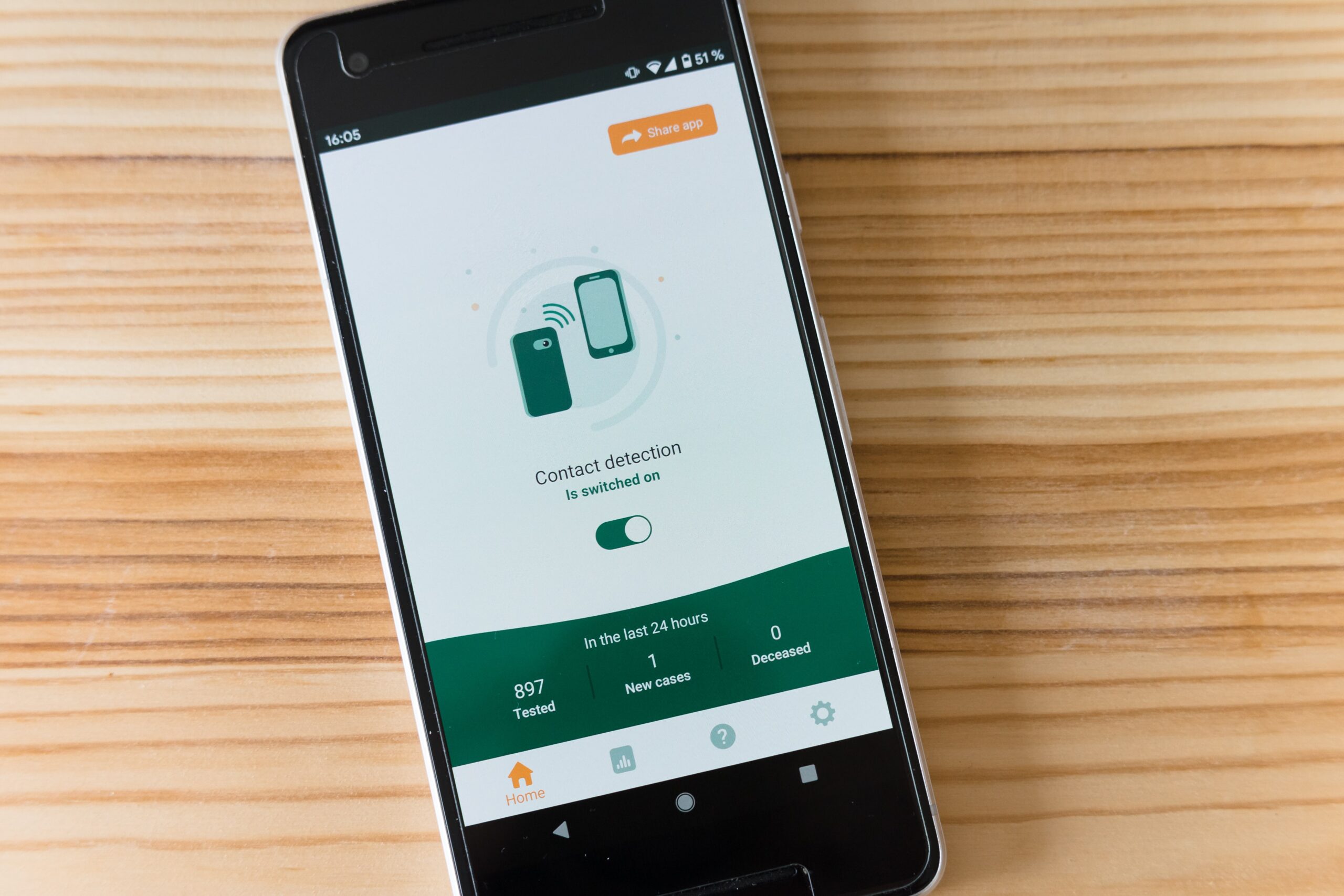The current e-commerce environment requires that consistent brand voice and representation be maintained across marketing channels. Most companies push their products and services through email, the web, social media profiles and brick-and-mortar stores. While multichannel marketing can be highly effective, it does not meet customers' need for seamless service delivery. However, there is an upgrade that provides customers with ease and consistency of experience when switching between platforms. That option is only accessible through an omnichannel marketing strategy.
Research shows that companies with strong omnichannel customer engagement retain an average of 89% of their customers. This is in contrast to their weak omnichannel customer engagement counterparts, which maintain only a disappointing 33% of customers. Therein lies all the evidence that implementing an omnichannel marketing strategy is the way forward.
THE CHALLENGE OF AN OMNICHANNEL MARKETING STRATEGY
As implied above, an omnichannel marketing strategy involves the use of multiple channels, including websites, social media, brick-and-mortar stores, and online platforms. When implemented successfully, it is a blissful experience for both the entrepreneur and the customers. However, there is one small problem; the amount of data. Given the large amounts of data from these multiple channels, processing and management can become very hectic without the right tools. With the power of CRM software, it becomes a whole different story.
HOW DOES CRM CONTRIBUTE TO AN OMNICHANNEL MARKETING STRATEGY?
By using CRM (Customer Relationship Management) software you can reduce all the data management workload. CRM is a technology developed to help companies manage their relationships and interactions with existing and potential customers. It helps to track customer interactions, manage customer data and help the company manage its relationship with customers. It does all this while integrating all marketing channels into a single centralized database, making it perfect for the job.
Below are 4 critical ways CRM software can contribute to an effective omnichannel marketing strategy:
UNIFIED CUSTOMER EXPERIENCE
90% customers expect consistent interactions across channels. It contributes greatly to their perception of their customer experience. Therefore, it is important to analyze the numerous and robust data generated during customer interactions. With CRM this becomes easy to achieve. Customer support, sales and marketing all have access to the same information. As a result, communication with customers is improved and seamless. Personalizing content is also easier to perform. This brings the omnichannel marketing strategy your brand dreams of executing closer to reality.
BETTER CUSTOMER SUPPORT
CRM thrives on providing excellent customer support, and one way to do this is by recording a customer's query or complaint. On the road to perfecting your omnichannel marketing strategy, your business needs a way to manage customer interactions across business channels. CRM helps you do this very well. For example, it records every customer's request from all linked platforms in a centralized, easily accessible database. This allows sales and support reps to easily access the messages across all platforms and give them the attention they deserve. CRM software also allows you to send out-of-the-box custom replies as soon as an email or instant message is received. This allows you to increase the speed and fluidity of communication, no matter how often a customer switches preferred platforms.
CUSTOMER TRIP TRACKING
The customer journey is hardly a straight line. Tracking each customer's journey through your sales funnel is demanding. CRM makes this task much easier by collecting customer data, tracking every interaction and updating the data. With CRM, you know how customers relate to the brand every step of the way, helping you better realize your intended omnichannel marketing strategy.
AUTOMATION
In the super competitive field of e-commerce, every second counts. Delayed responses to questions and complaints contribute significantly to customer turnover. Undoubtedly, losing customers will hinder your omnichannel marketing strategy. Therefore, your company must learn to act quickly. Fortunately, CRM has the ability to automate tasks. This eliminates the redundancy of repetitions and speeds up the speed of service. Plus, the fast turnaround time means your staff saves time that can be used to increase productivity.
In short, the use of CRM in your omnichannel marketing strategy is invaluable. You get a solid relationship with your customer while integrating all your marketing platforms in one place. It becomes easier to manage customer data, leading to high customer retention. It also makes it easier for your message to resonate in the same way across platforms.













